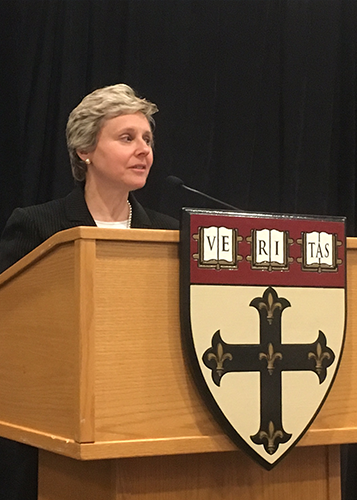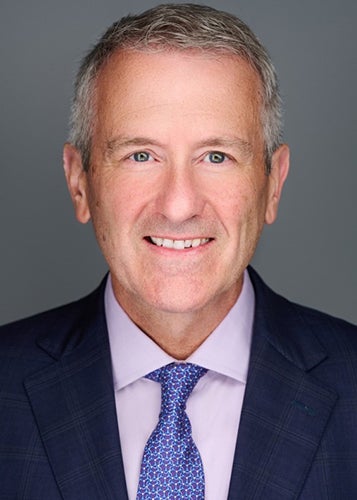Program Overview
Improving environmental health and safety performance within your organization requires an in-depth understanding of management principles and the leadership skills to drive change. You need to be able to build leadership buy-in for health, safety, and environmental initiatives, lead teams effectively, and create strategies for integrating EHS principles into the culture of your organization, including in a crisis.
In particular, the pandemic has called for EHS leaders to take on and delegate many new and non-traditional environmental health and safety duties. From testing how to best disinfect disposable masks using radiation to organizing the collection of PPE from labs for distribution at hospitals, EHS professionals are playing a wide range of roles in responding to the pandemic that call for adept leadership skills.
In this program, you will develop the management skills needed to improve the EHS function in your organization, while gaining the leadership skills needed to lead teams, make decisions, build stakeholder buy-in, and both generate and sustain change. You will develop skills in the critical areas of leadership and management with the objective of bridging the gap between environmental health and safety technical skills and leadership skills essential for achieving functional excellence.
Management Training for EHS Professionals
As you move higher in your organization, the requirements for technical environmental health skills give way to requirements for management skills. You will need to develop clear goals and objectives that tie environmental health and safety outcomes to organizational goals, as well as create strategies to achieve these objectives, establish expectations, delegate to team members, and measure outcomes.
In this course you will learn principles imperative to your success as a manager, including:
- Managing and motivating people
- Negotiation and conflict resolution
- EHS leadership during a crisis like the current pandemic
- Effective business communication
- Risk communication
- Listening as a communication skill
- Time management and utilization
- Strategic and business planning for results
- Regulatory affairs management
- Professional ethics and legal issues of management
- Building EHS management systems
The management skills you learn in this program will make you a more effective environmental health professional, while also improving your proficiency in influencing the actions of others. This skillset will allow you to lead others, manage yourself better, and make better decisions.
Leadership Skills for Environmental Health and Safety Professionals
Generating and sustaining long-term change in an organization requires moving beyond management to leadership. Unlike managers, leaders are not limited by the scope of their formal authority. They influence and guide others across traditional organizational boundaries, build relationships, and overcome organization-wide challenges to increasing productivity and value.
This program covers both functional leadership, a form of leadership focused on effectiveness and cohesion, and transformational leadership which is focused on creating and sustaining change. Both types of leadership are required in today’s complex business environment.
You will leave this program with the skills to work smarter, make more strategic contributions to your organization, and gain increased respect, rewards, and recognition.
Credits and Logistics
Please note: a laptop or other portable personal computing device is strongly recommended for course enrollees.
Accommodations
March 2025
Please check back for updated information.
Program Check-in
Harvard T.H. Chan School of Public Health
FXB Building
651 Huntington Avenue
Boston, MA 02115
617.432.2100
The program takes place at Harvard T.H. Chan School of Public Health, located in the heart of the Harvard Longwood Campus in Boston. Public transportation is also readily available to the city’s many shopping districts, museums, and restaurants.
For directions, please click here.
Continuing Education Credit
Harvard T.H. Chan School of Public Health will grant 2 Continuing Education Units (CEUs) for this program, equivalent to 19.5 contact hours of education. Participants can apply these contact hours toward other professional education accrediting organizations.
All credits subject to final agenda.
All participants will receive a Certificate of Participation upon completion of the program.

The Harvard T.H. Chan School of Public Health has an Education and Research Center (ERC) funded by the National Institute for Occupational Safety and Health (NIOSH).






